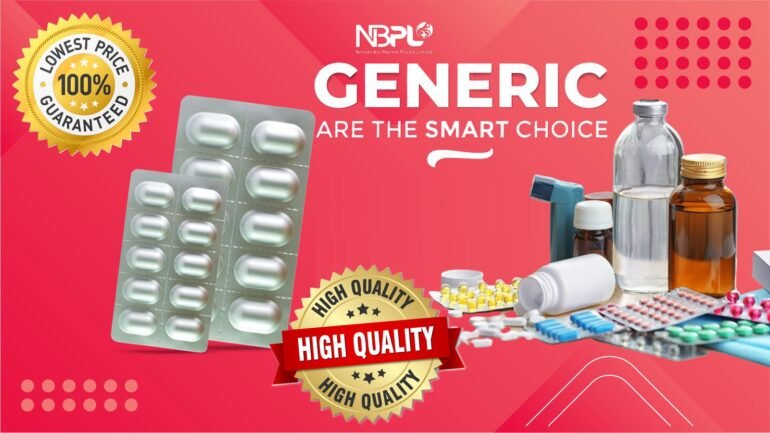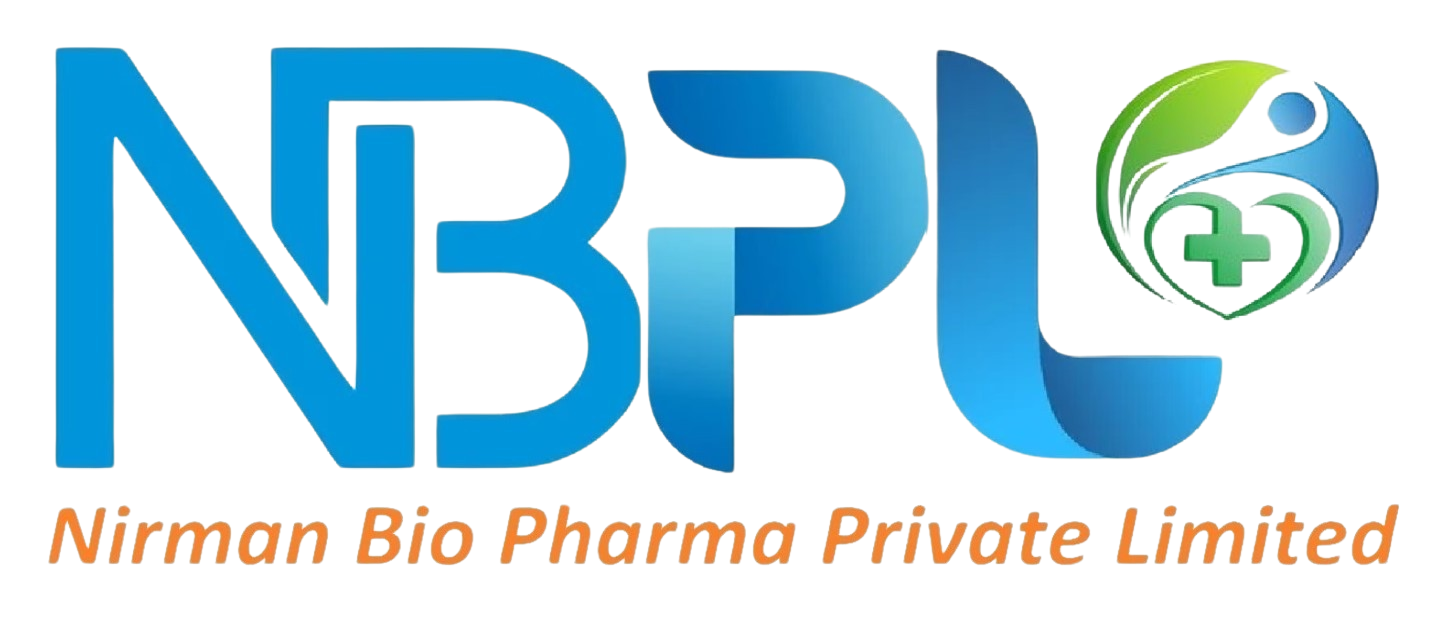- Your cart is empty
- Continue Shopping
Benefits of Generic Medicines for the Human Body.
-
nirmanbiopharma
- Posted on
- 0 comments

1.Cost-effectiveness:
2.Equal effectiveness:
3.Regulatory standards:
4.Wider availability:
5.Promoting competition:
6.Trustworthy alternative:
Conclusion
In conclusion, generic medications offer numerous advantages that significantly benefit human health. They are notably cost-effective due to increased competition after patent expiration, which lowers prices and enhances accessibility to essential treatments. Despite their affordability, generics maintain equal effectiveness compared to brand-name drugs, meeting stringent regulatory standards for safety, quality, and efficacy. Their widespread availability ensures a reliable supply, minimizing the risk of medication shortages. Furthermore, generics foster competition in the pharmaceutical sector, driving innovation and efficiency in drug manufacturing and distribution. Healthcare professionals trust generics because of their proven bioequivalence and regulatory approval, providing patients with dependable treatment options. Overall, generic medications serve as trustworthy and cost-efficient alternatives to brand-name drugs, supporting healthcare systems by improving access to vital medications while upholding high standards of therapeutic effectiveness and safety.

